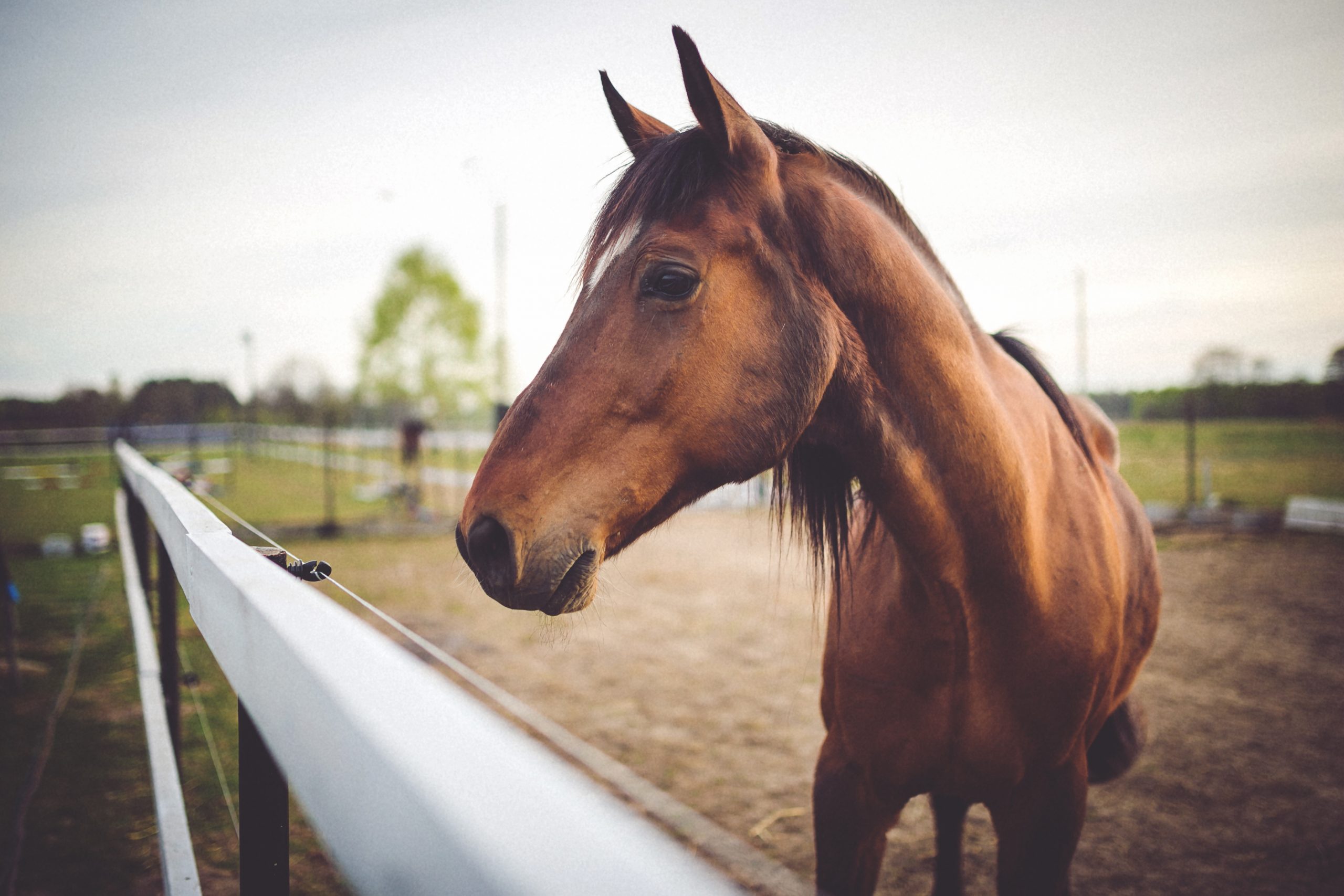The study focused on the behaviour of hoofed animals, also known as ungulates, from 38 species with giraffes, horses, pigs and sheep among some 15,000 animals studied.
It was found that food and mating habits contributed to whether animals were more likely to be stressed out in captivity.
Researchers discovered that species who ate high-growing woody vegetation such as camels and rhinos were most at risk. Results also revealed that more promiscuous animals likes buffalos, yaks, sheep, and pigs were more likely to experience high levels of stress.
According to the University of Portsmouth, behavioral needs of a species are those they perform to both survive and reproduce in the wild.
They say that if some of these behaviors are restricted, it can lead to poor welfare and unusual behaviors that can often be seen in captive animals.
“We found that for ungulates, having the right food and social organisation is crucial for their welfare. Whereas for carnivores, having enough space in captivity seems to be key,” said co-author Dr Leanne Proops.
“This shows the importance of understanding the specific needs of different groups of species.”
The hopes are moving forward that husbandry care can be better utilised and specific to suit the needs animals.
“This research has very important implications for how these large, hoofed animals are kept in captivity – we now have a better understanding of which species are most susceptible to stress in captivity and how we can tackle this problem to improve the welfare of those animals,” said co-author Dr Sebastian McBride from Aberystwyth University.
Adding to that was co author Kate Lewis who said, “there are lessons here for both farmers and zoos about how best to raise and treat livestock.”






